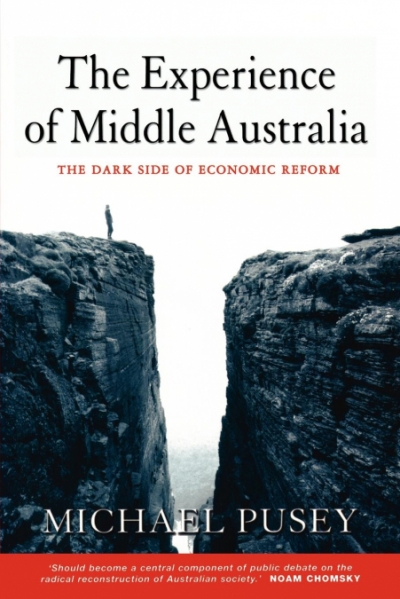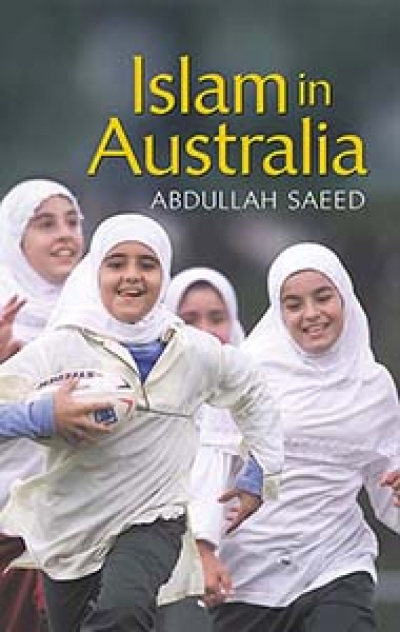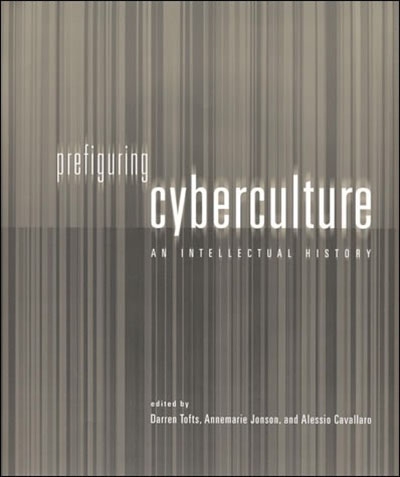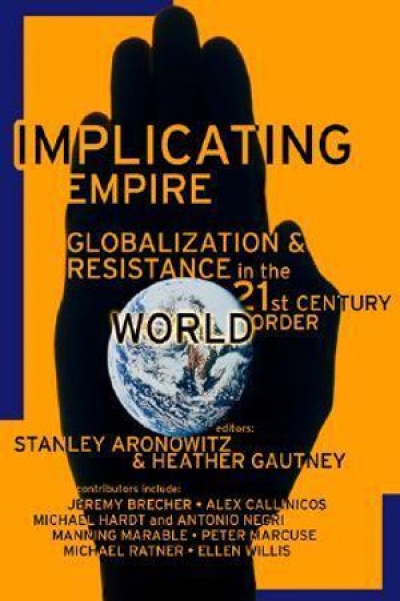Archive
The Experience of Middle Australia: The dark side of economic reform by Michael Pusey
Prefiguring Cyberculture: An intellectual history edited by Darren Tofts, Annemarie Jonson, and Alessio Cavallaro
Implicating Empire: Globalization and resistance in the 21st century world order edited by Stanley Aronowitz and Heather Gautney
The looter held a sign in one hand as he pushed a trolley overflowing with stolen goods in the other. His sign read, ‘Thank you, Mr Bush’. It was not, I suppose, the kind of gratitude George W. Bush had expected. The next day’s looting was not likely to raise a smile: private homes, great museums, and hospitals were ransacked. Vigilantes exercised rough and sometimes cruel justice. There will be worse to come when mobs catch Saddam Hussein’s brutal functionaries. Again, we will be reminded that oppression does not even make people noble, let alone good.
... (read more)Orchids of Australia by John J. Riley and David P. Banks
This important book succeeds in forcing us to see and hear the individuals hidden from knowledge and understanding behind the razor wire of Australia’s detention centres. The opening chapter, ‘The Iron Curtin’, presents material that, even if familiar to some, still has the power to shock. I was jolted once more by the cold facts of our treatment of refugees a ...
Dear Editor,
Kerryn Goldsworthy’s valuable piece on the early years of ABR (‘The Oily Ratbag and the Recycled Waratah’, ABR, April 2003), giving details of Australian Book Review under Max Harris and Rosemary Wighton from 1961 to 1973, does not mention what caused its disappearance from 1973 to 1978, when John McLaren and the National Book Council revived it. Perhaps it is time for the explanation to be given.
... (read more)







